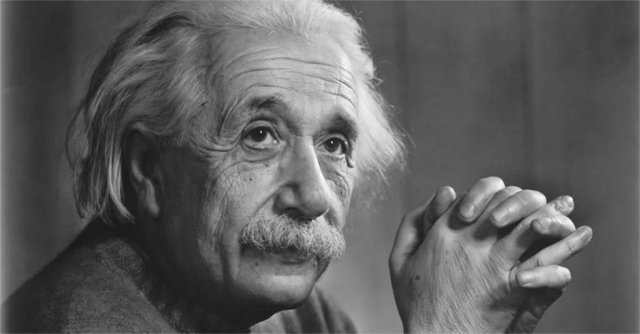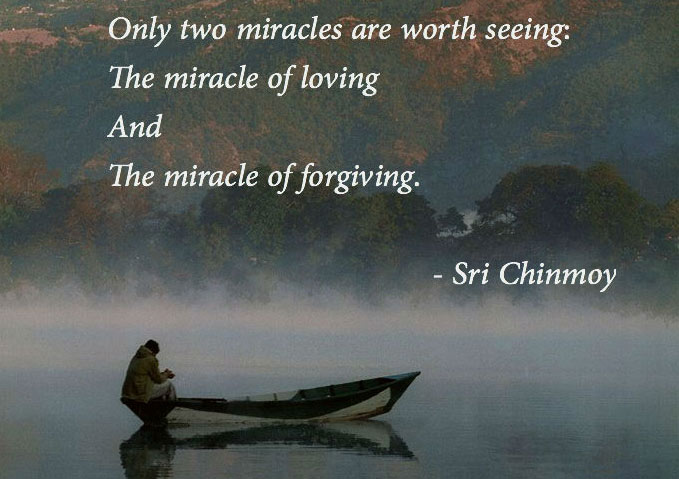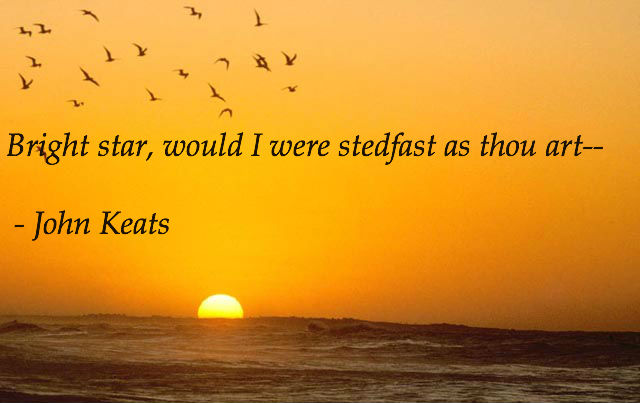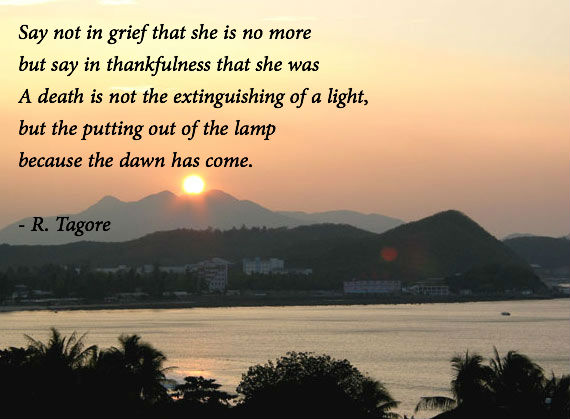The happiest man in God’s creation.
Make yourself known to humanity:
Its dark jealousy will make you unhappy.
Make yourself known to yourself:
You will unquestionably be
The happiest man in God’s entire creation.
Sri Chinmoy [1]
It might be interesting to have a look at the philosophical development of happiness in a historical context. A good place to begin a search for happiness might not be in Europe during the middle ages where life must have been pretty hard for most people, with seemingly constant wars, the threat of disease, hunger and religious superstitions all rife. Especially it would seem for women. (Please don’t burn that witch, before she cooks me my dinner) For many the idea of dying and going to a beautiful heaven was all that was worth living for! The Renaissance began a new chapter in western history and the development of perhaps a new meaning of happiness.
Take for instance Francis Hutcheson, who was born in 1694 in Ireland, to Scottish parents and later moved back to Glasgow. He is generally regarded as the founding father of the Scottish Enlightenment. He believed that man universally carried within himself the means to learn how to be virtuous and helpful to others. Men served others not because they had no choice in it, if they wanted to get along with others, but because they realized they actually enjoyed doing it. (By the way, women still really had no choice in it!) He believed that helping others suffused us with a sense of well-being and pleasure. Being good meant doing good to others. Virtue (and to some extent the ten commandments!) required it, but our feelings confirmed it.
The link between feelings and happiness was important. Man was born to make other’s lives more pleasant, and to be wicked or vicious was to be miserable and unhappy. A delight in the good of others becomes the basis of our sense of right and wrong. We decided that what helps and pleases a person, is good, because it gives us pleasure. What injures him is bad, because it causes us pain. Men begin to realize that the happiness of others is also their own happiness. Some vulgar people assumed, mistakenly, that happiness meant the gratification of the physical desires: food, drink, and sex. But for Hutcheson the highest form of happiness was making others happy. The desire to be moral and virtuous, to treat others with kindness, and the desire to be free were universal, and human beings wanted them because it made them happy.
Thomas Jefferson’s Declaration of Independence in 1776 enshrined these same ideals in writing for the American people. Jefferson believed that happiness was the aim of life, and that virtue was the foundation of happiness. He wrote that, all men are endowed by their creator with inherent and inalienable rights; among these, are life, liberty, and the pursuit of happiness.
Read On…






